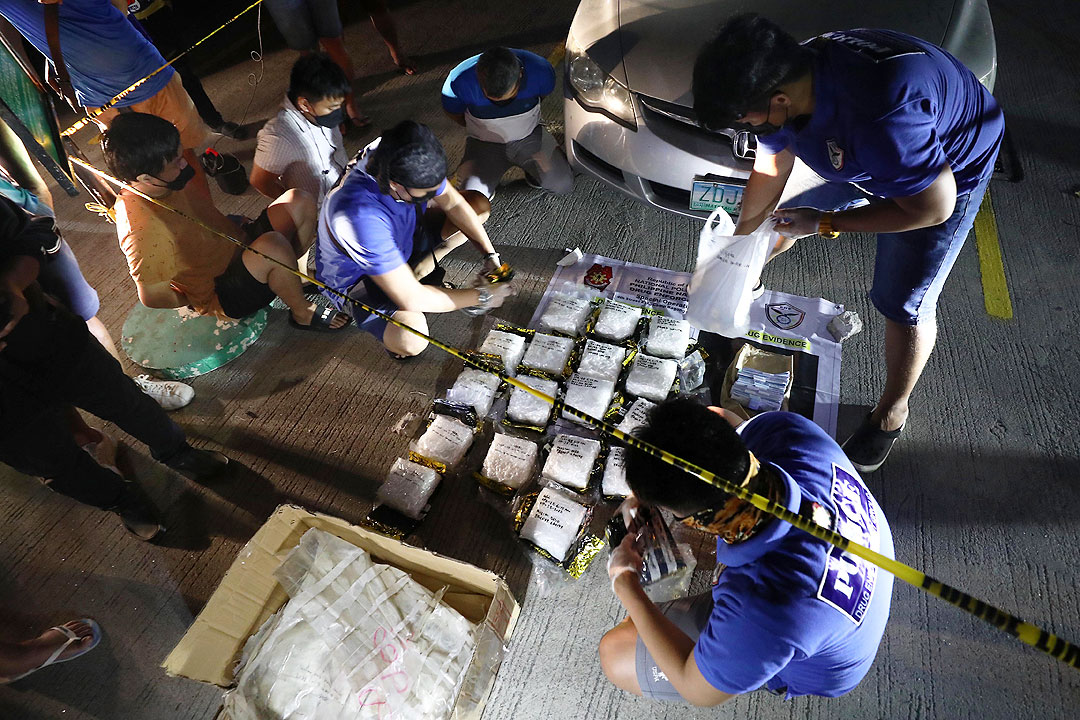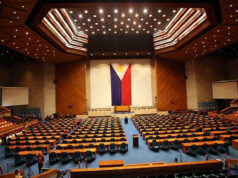Marcos panel on human rights unlikely to make a difference — analysts

By Kenneth Christiane L. Basilio
A SPECIAL panel formed by Philippine President Ferdinand R. Marcos, Jr. to address human rights issues in the Philippines is unlikely to make a difference since it is dominated by agencies with a poor track record on human rights, according to Human Rights Watch.
The presidential order is “at first glance… admirable,” Carlos H. Conde, a senior researcher at the Asia division of Human Rights Watch, told BusinessWorld via e-mail.
“But it is led and dominated by agencies of government that not only have questionable or poor record of human protection; some of them were responsible for the very same human rights abuses that we’ve seen since 2016,” he added.
Under Administrative Order No. 22 signed on May 8, the Special Committee on Human Rights Coordination will fine-tune the investigation and data-gathering on human rights violations by law enforcement agencies.
The body is co-headed by the executive secretary and Justice secretary. Its members include the Foreign Affairs and Interior and Local Government secretaries.
Mr. Conde said the Interior and Justice departments have not done a lot in holding to account those who perpetrated abuses during ex-President Rodrigo R. Duterte’s deadly war on drugs.
Both agencies did not immediately reply to an e-mail and Viber message seeking comment.
Ephraim B. Cortez, president of the National Union of People’s Lawyers, said the human rights body won’t be helping prosecute officials accused of human rights violations.
“The [human rights body] adopted the focus areas of the United Nations Joint Program (UNJP) on human rights, and one of the criticisms against UNJP is it lacks a mechanism for accountability,” he said in a Viber message.
The panel was probably created to improve the Philippine image in the international community, he added.
Arjan P. Aguirre, who teaches political science at the Ateneo de Manila University, said the panel is an attempt to make it look like the government is serious about resolving human rights violations.
“The creation of the ‘super body’ is something that many don’t really recommend or suggest in addressing the longstanding and problematic human rights situation in our country,” he said in a Facebook Messenger chat.
He also said it could be used against opposition figures.
“If the body’s main objective is to control the discourse of who is entitled to human rights or not — essentially a resurrection of the national task force against communists — only this time, it is under the president’s control, it’s going to be ludicrous,”Hansley A. Juliano, a lecturer at the Ateneo de Manila University’s Department of Political Science, said via Messenger chat.
La Union Rep. Francisco Paolo P. Ortega V said the human rights panel is a step in the right direction.
The President’s anti-illegal drug policy is “a huge step in the right direction compared with other administrations,” he said in an interview.
Mr. Conde noted that while the country’s human rights situation seems to have improved, it is not due to Mr. Marcos’ human rights policy but because Mr. Duterte’s drug war has ended.
“[Mr. Duterte[ set the bar so low that even if [Mr. Marcos] doesn’t do anything, the situation would definitely look improved.”
Almost 9,000 Filipinos died under Mr. Duterte’s war on drugs, according to a 2020 report by the United Nations (UN) Office of the High Commissioner for Human Rights. Philippine human rights groups estimate that as many as 30,000 drug suspects died.



